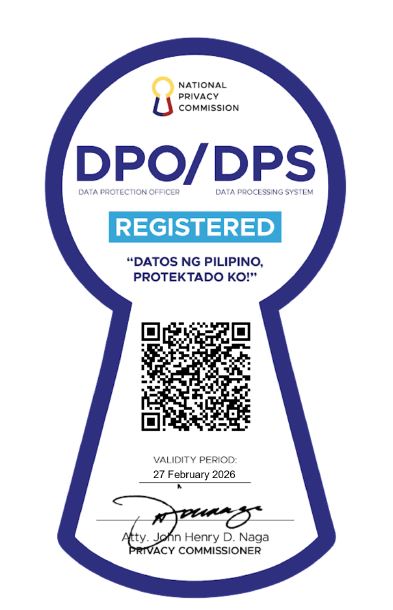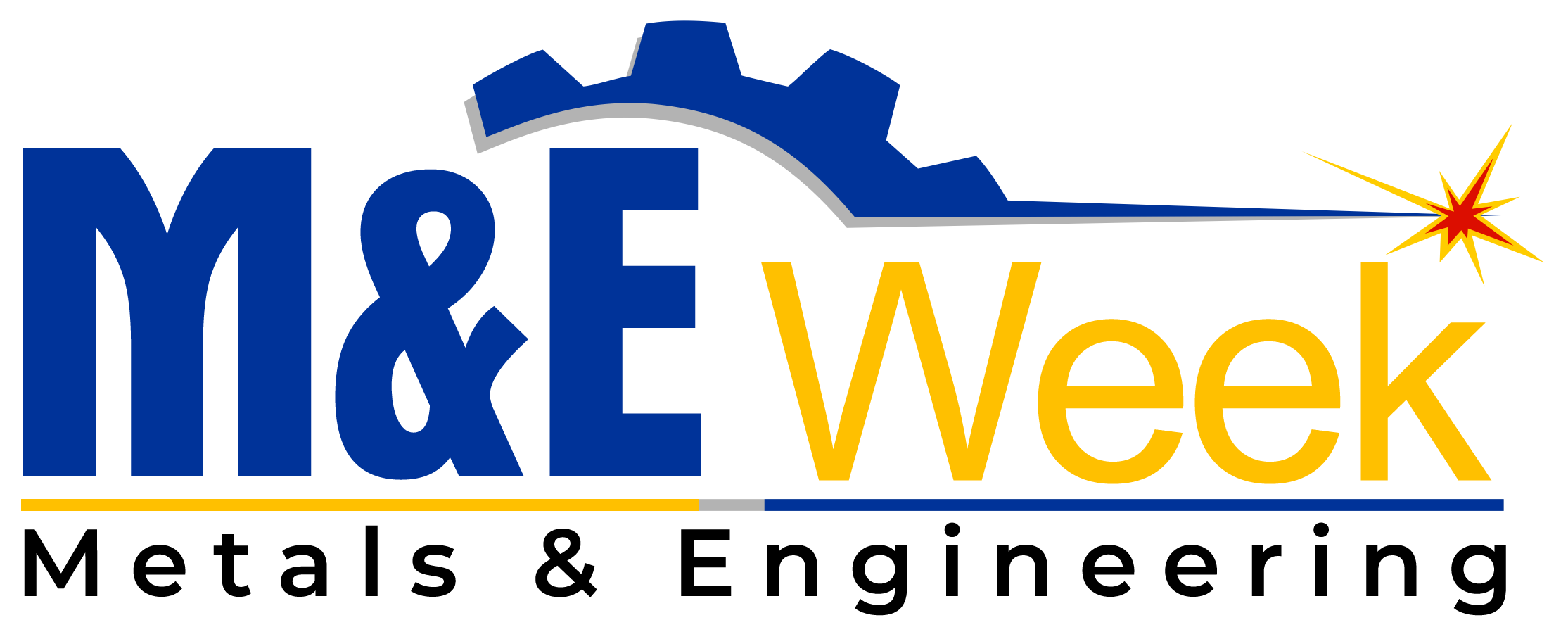"Molding the Future of Metal Industries"
Our team of experts speeds up technology transfer by conducting consultancy services to improve productivity and upgrade product quality. Its technical assistance program includes:
- Preparation of feasibility studies.
- Management/technical consultancy.
- Conduct of liaison work between the private sector and government agencies.
- Preparation of periodic analysis of industry status.
- Extension of S&T service to the regions.

To promote the development of the metals and engineering industry in the countryside, extension offices were established in the following regions:
- Region III (San Fernando, Pampanga)
- Region VI (Iloilo)
- Region X (Cagayan de Oro City)
How to avail of the service:
Consultancy Services
- Inquire or request for technical assistance/ consultancy services through letter, phone, fax, email or personally.
- Provide information based on required intervention
- Prepare for consultancy visit
- Receive verify and implement recommended course of action
Acceptance and Monitoring of TBI Tenants
- Receive, verify and implement recommended course of action
- Submit Letter of Intent and Fill-out Application Form
- Submit Supporting Documents
- Provide or submit comment on the drafted Lease of Contract
- Appear before the Notary Public and affix signature on the Contract of Lease
- Proceed to the Budget and Treasury Section and pay the corresponding obligations as stipulated in the Contract of Lease
- Start operation
Technology Transfer Activities
- Submit Letter of Request with the Technology Advisory and Business Development Section specifying therein the technology.
- Provide the required information.
- Decide whether or not to adopt the technology.
"Molding the Future of Metal Industries"
MIRDC disseminates the latest information on relevant technologies, products, processes and markets through:
- Industry and sectoral studies
- Technical information bronchores on newly-developed or adapted technologies and newsletter on industry trends and events.
- exchibits/fairs
- plant tours

TESTING AND CALIBRATION
| Certificate of Laboratory Accreditation by PAB | |
| Chemical Testing | Mechanical Testing | Calibration | |
| Scope of Accreditation | |
| Chemical Testing | Mechanical Testing | Calibration | |
| Schedule of Fees and Charges for Testing, Analysis and Calibration Services | |
| Other Permits and Licenses |
|
| Purchaser's License of PNP Controlled Chemicals | Laguna Lake Development Authority - Discharge Permit |
| Environmental Compliance Certificate | HW Generator Registration Certificate |
| License to Handle CPECS | |
| Permit to Operate - APSI 1 | Permit to Operate - APSI 2 |
Schedule of Fees and Charges for Testing, Analysis and Calibration Services


"Molding the Future of Metal Industries"
The Center designs and implements relevant training modules which continuously upgrade the Filipino entrepreneurs, engineers and technicians on the demands of local and international markets.
Its compendium of training programs covers the following subjects:
- Metalworking Technology
- Metalcasting Technology
- Analysis and Testing
- Engineering/Production Planning
- Management and Supervisory
- Productivity Improvement
- Quality Management System
- Trainer's Training Program
- High Machining Technology
Download latest schedule of Seminar/Training
Download the MTSC latest schedule of Seminar/Training
Download Training Reservation Form
MIRDC also designs program/s suited to your training needs.

Industry and Academe Linkages
The perpetual drain and imbalance in the number of college educated and skilled workforce cause a gap between the supply and demand for skilled labor in the country today. To bridge the gap, MIRDC have initiated linkages with the industry and the academe. In this manner, critical areas in the labor market where demand exists are identified and matched with an adequate supply of skilled workforce.

How to Avail of the Service:
- Regular Training Program
- At least five (5) days before the program schedule, submit filled out Seminar Reservation Form to Industrial Training and Staff Development Section (ITSDS)
- Within five (5) days before the conduct of the program, confirm reservation.
- Pay the total training fee.
- Attend the Training Program.
- Package and Regional Training Program
- Supply information required on the Training Inquiry Form (TIF) or Submit Letter of Request (LER).
- Prepare facilities for training assessment, if necessary.
- Wait for training program proposal.
- Submit the signed/approved Terms and Conditions at least 5 days before the program schedule.
- For Packaged Program, pay the total fee to the Industrial Training and Staff Development Section (ITSDS).
- Attend the Training Program.
Molding the Future of Metal Industries"
|
||


























